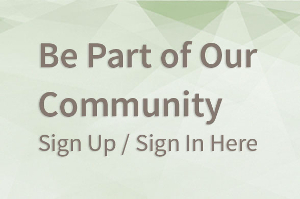BK Blog Post
Don't Hold On!
 Posted by
Jeevan Sivasubramaniam,
Managing Director, Editorial,
Berrett-Koehler Publishers Inc.
Posted by
Jeevan Sivasubramaniam,
Managing Director, Editorial,
Berrett-Koehler Publishers Inc.
Peggy Holman knows a lot about change in organizations and communities and she wrote Engaging Emergence to help people not only deal with unexpected and chaotic change, but even come out ahead by engaging it proactively.
But proactive engagement means letting go of some things just as much as discovering new things. To help you navigate, Peggy presents her list of The Five Things We Need To Let Go Of To Effectively Deal With Emergence:
1. Give Up Command and Control. Ever tried to tell a complex system what to do? Imagine ordering the health care system to be affordable and accessible! We can't control a system but we can engage it so that order arises.
Example: Open source software. What principles and practices inspire thousands of programmers to contribute millions of hours to create software for public use?
2. Give Up Habit and Routine. If we keep doing what we've always done we’ll keep getting the same old results. Let go of the stories that define “the way things are” and try something different.
Example: Using fossil fuels. What alternatives can eliminate, reduce, or better serve our energy needs?
3. Give Up Top-Down Decision-Making. When the situation is complex, no one can grasp it all, much less have all the answers. It takes multiple perspectives and skills to make a difference.
Example: Google employees spend 20% of their time working on something of their own design, resulting in such products as Gmail and Google News. What’s the benefit of creating conditions in which people follow their passions in service to something larger?
4. Give Up the Existing Order. When we know how things work, we can keep it neat and tidy. If we want innovation, expect to dip into the unknown. While it may be messy, ultimately, order can arise anew.
Example: Journalism as we have known it is dying. Between the holes created by its demise and the many new experiments underway, the current landscape confusing! What is possible as a new system is born?
5. Give Up Thinking That You Have the Answers. When we think we know, there’s no need to learn or to change. Questions that spark curiosity focus our intentions and invite those who care to participate.
Example: An inquiry being pursued by the National Institute of Corrections: “How do we reduce the prison population by half while maintaining public safety, in eight years?” What question inspires you?
Thoughts, responses, reactions? Chime in below.






